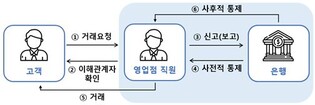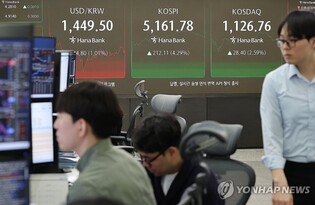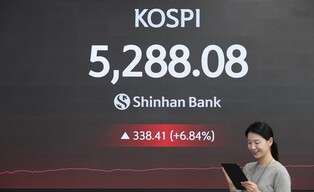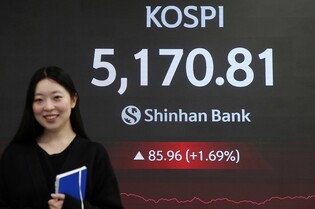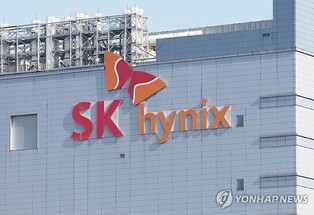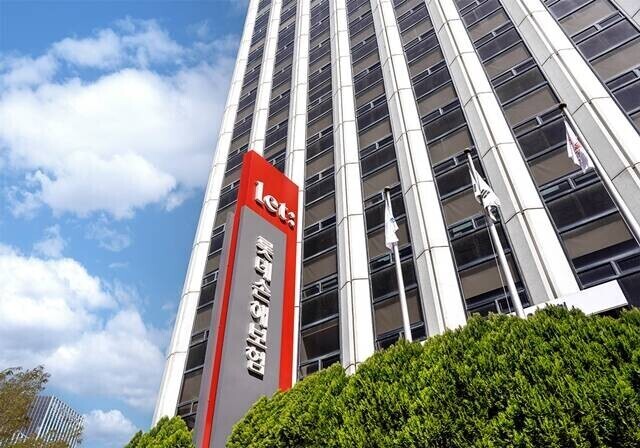 |
Lotte Insurance headquarters in Seoul / Courtesy of Lotte Insurance |
[Alpha Biz= Paul Lee] SEOUL, November 9, 2025 — Lotte Insurance Co., Ltd. is facing growing liquidity concerns following a management improvement recommendation issued by South Korea’s financial regulators on November 5.
Credit rating agencies have subsequently placed the insurer’s ratings under downward review, citing potential large-scale pension fund outflows expected by year-end.
According to Korea Ratings (KIS) and NICE Investors Service (NIS), Lotte Insurance held ₩6.6 trillion (US $4.8 billion) in retirement pension reserves as of end-June, representing 50% of its total insurance liabilities—one of the highest ratios in the domestic insurance sector.
Of this, approximately ₩3 trillion, or 45%, will mature by the end of 2025, raising concerns about a potential massive redemption wave.
KIS warned that the regulatory action has damaged the company’s reputation, likely leading to weakened new business momentum, higher contract cancellations, and an increase in net cash outflows related to insurance operations.
“If significant capital withdrawals occur during the year-end and early-year concentration of pension maturities, Lotte Insurance’s business base could weaken sharply, and its liquidity burden may intensify,” KIS stated.
Analysts noted that the company could offset outflows by selling bonds or using cash reserves, but warned of potential realized losses in the process.
Lotte Insurance had previously faced similar liquidity stress at the end of 2022 and responded through high-interest deposit programs and repurchase agreement (RP) borrowing to retain funds.
As a result of the latest regulatory measures, Lotte Insurance’s hybrid capital securities (perpetual bonds) have suspended interest payments effective December 2025, under the securities’ covenant terms. Two hybrid issues totaling ₩46 billion (US $33 million) will have interest deferred, with payments originally scheduled every three months.
The company’s refinancing ability has also come under pressure, after the early redemption of subordinated bonds was delayed in May, and the coupon suspension on hybrids further eroded investor confidence in its capital instruments.
On November 6, both KIS and NIS revised the insurer’s ratings outlook to “under review for downgrade”, lowering its subordinated bond rating from A- (Negative) and hybrid capital securities from BBB+ (Negative) to a watch list for downgrade.
Alphabiz Reporter Paul Lee(hoondork1977@alphabiz.co.kr)


















